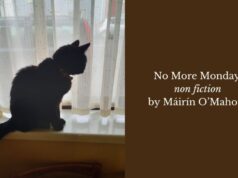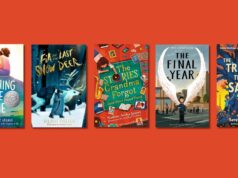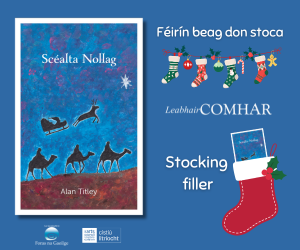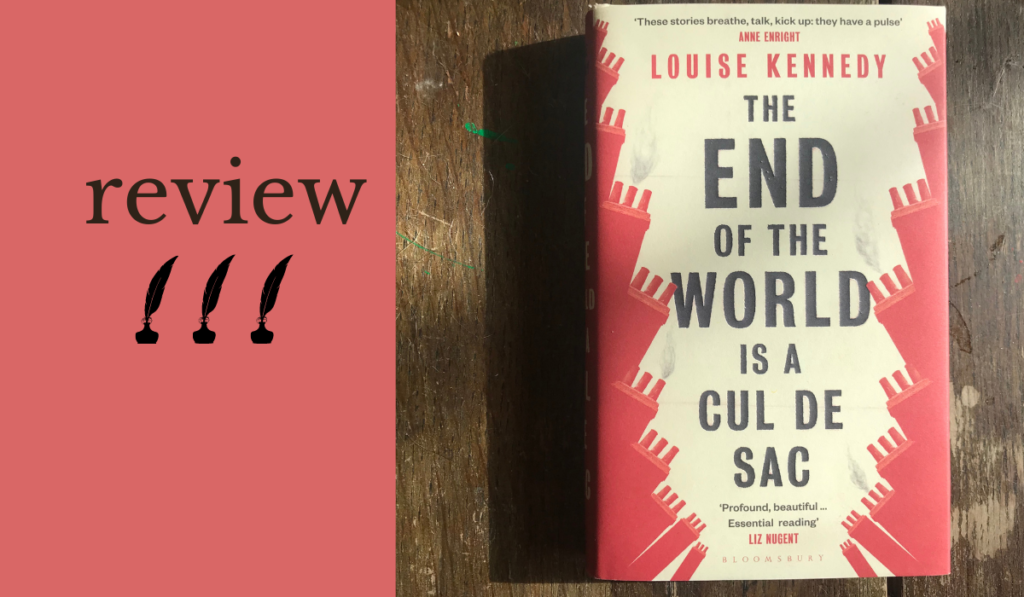
The End of the World is a Cul de Sac|Louise Kennedy|Bloomsbury| £14.99
by David Butler
In a story entitled ‘Wolf Point’, an ethereal and troubled outsider has brought a ‘grubby purity’ into the life of the protagonist, a loner named Peter who works as a forester. It’s a striking oxymoron, and not a bad approximation for the effect of Louise Kennedy’s prose style in these gritty tales of misfits living largely in the Badlands of Ireland’s northwest.
Kennedy’s imagery has a commensurate toughness to it, the language is unshowy but precise, the verbs energetic, often onomatopoeic: ‘A gull screaks overhead’ while ‘deep in the marram grass, little things witter and fuss’; elsewhere ‘a hare flumped about’; crabs in a crate ‘fizzled’; while in the title story, a donkey trapped in the ruin of a show house ‘pawed and snattered, and a flume of shit hit the wall behind it’ – several pages later, ‘the animal shimmied and clopped, colliding with walls and doorframes.’
The eye to physical detail throughout the collection is remarkable, with an unexpected word frequently doing much of the work – we’ve surely all met the laconic surfer Tim Gallagher in ‘What the Birds Heard’, ‘wearing a sleeveless wetsuit, a mottling of sun damage on his shoulders and arms.’
Outwardly, the characters that inhabit these borderlands are as tough and terse as the drumlin landscape they inhabit.
Several of the stories which are loosely linked – ‘Hunter-Gatherers’, ‘Imbolc’, ‘Belladonna’ – give a composite picture of an unforgiving, liminal, not to say lawless society not a million miles from the Ozark of Daniel Woodrell or the Wyoming of Annie Proulx. Woodrell’s Ree Dolly would have been proud of the resourcefulness by which the teenage Northerner, Róisín, turns the tables on a classroom tormentor in ‘Belladonna’.
The title story, which also opens the collection, sets the environmental tone.
Not since Conor O’Callaghan’s remarkable debut novel, Nothing on Earth (2016), has the ghost estate—those stillborn cubs of the Celtic Tiger—been put to such effect.
The abandoned and largely looted building site, on which Sarah has been abandoned by a bankrupt husband, becomes a metonym for the corruption of an entire society gone rotten on speculative capitalism and unsecured loans.
In this post-Boom hinterland, illness and untimely death abound, as if the infection of the body-politic has somehow invaded the personal (Mike McCormack achieves a similar effect in his monologue novel, Solar Bones). If infertility is the root cause of separation in ‘What the Birds Heard’, a fatal crash in which an eight-year-old knocked down by a van is remembered as a ‘rusty smear on the window’ causes the breach in ‘Once Upon a Pair of Wheels’. In ‘Hands’, Jason, the ‘seventh son’ who, according to his parasitic mother ‘has the gift’, is left impotent when faced with his girlfriend’s child’s painful illness; in ‘Powder’, a woman embarks on a journey around Ireland with the ashes of her ‘almost’ fiancé who died of a heart attack, in the company of his American mother; while in the harrowing and darkly funny ‘Beyond Carthage’, two friends endure a misguided holiday in out-of-season Tunisia, one of whom is learning to cope with the ugly aftermath of a mastectomy – it is typical of Kennedy’s admirable restraint that she doesn’t labour a suggestive parallel with the Roman ruins which close the story.
Kennedy is originally from Holywood, Co Down, so it’s not unexpected that the Troubles and their aftermath should figure in this collection.
One of the most haunting stories is ‘In Silhouette’, in which, over a lifetime glimpsed in fragments, a woman hoards newspaper clippings and images relating to a soldier whom her late brother had helped abduct and kill. In the equally outstanding ‘Sparing the Heather’, the story centres around the search for the body of one of the ‘disappeared’. ‘Hunger’, which is not in the collection – it features in recent hundred story compendium The Art of the Glimpse – could almost be a companion piece to ‘Belladonna’, though with the 1981 Hunger Strikes as context.
With several notable exceptions – Jason in ‘Hands’ and Peter in ‘Wolf Point’ are both sensitive, paternal souls – the men who inhabit the Badlands of The End of the World is a Cul de Sac are hard-edged, reticent, misogynistic, and with a decidedly cruel streak when it comes to nature. In ‘Imbolc’, when the heavily pregnant Elaine discovers her husband Liam in flagrante delicto with a teenage farmhand, he ‘held her gaze, a look of hatred on his face’. In ‘Brittle Things’, a lobster fisherman nicknamed ‘Dan the Man’ twists the claws off crabs before tossing them alive back into the sea, much to his partner, Ciara’s horror; in ‘Hunter-Gatherers’, the female hare that so fascinates Siobhán at the story’s opening is first shot, then skinned in front of her by her partner, Sid – he’d been organising a pheasant-shooting bloodbath for most of the day.
If all the above sounds like it should make for grim reading, far from being miserable or jaundiced, the stories are leavened with an earthy gallow’s humour. One woman is ‘Connaught’s answer to Lauren Bacall’, another marvellously resembles ‘Nancy Regan in an am dram production of a Tennessee Williams play.’ As a short story collection, The End of the World is a Cul de Sac is to be celebrated and reread; as a debut collection, it’s right up there with Claire Keegan’s Antarctica, Kevin Barry’s There Are Little Kingdoms, Colin Barrett’s Young Skins and Danielle McLaughlin’s Dinosaurs on Other Planets.
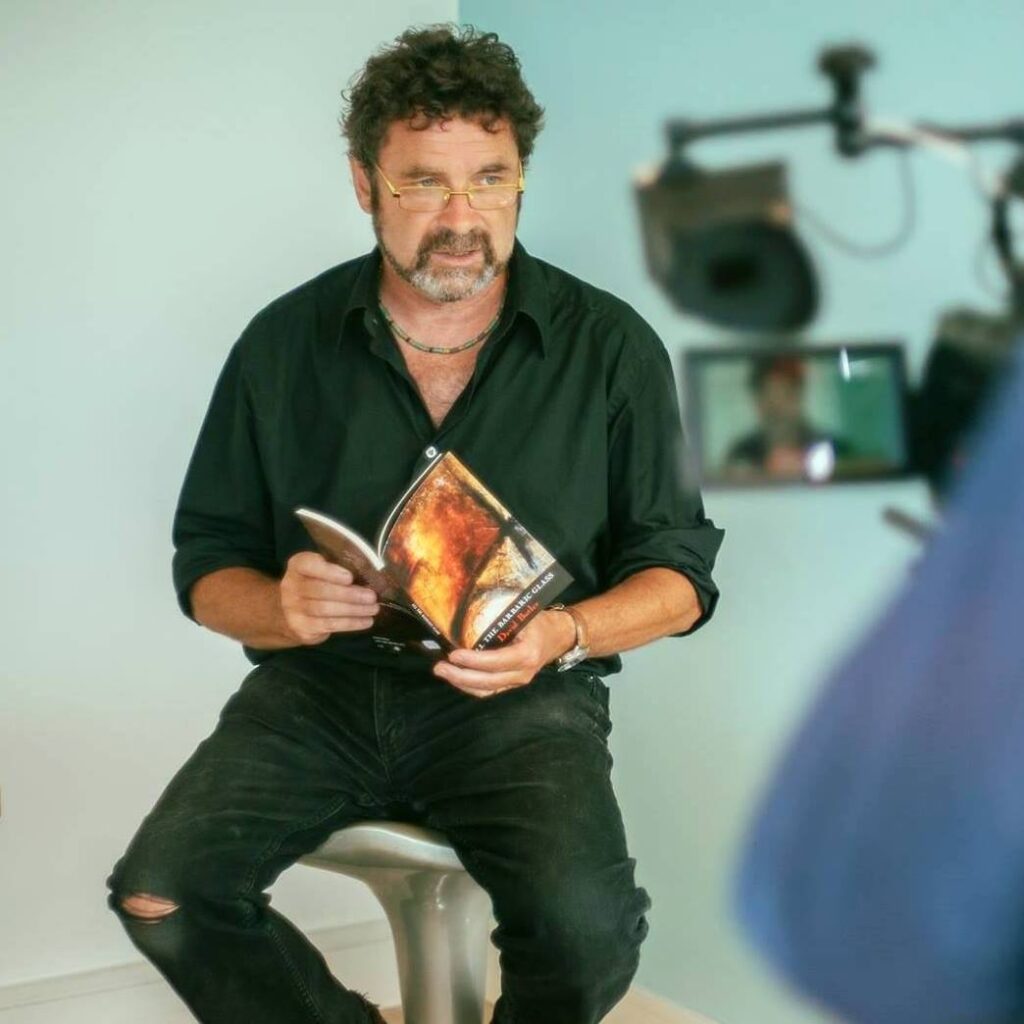
David Butler is a novelist, short story writer, playwright and poet. He is the author of City of Dis (New Island), and All the Barbaric Glass (Doire Press). His forthcoming collection Liffey Sequence will be published by Doire Press.









